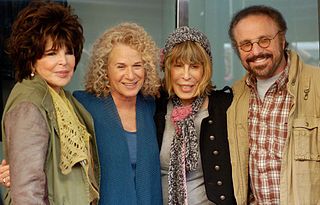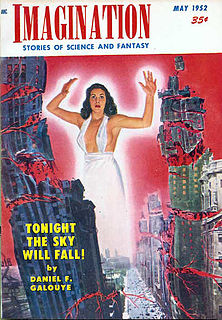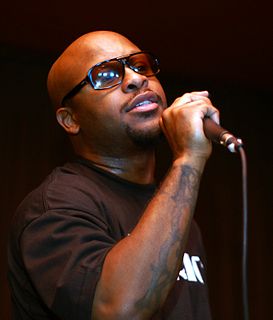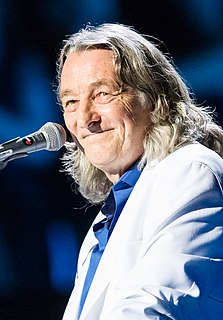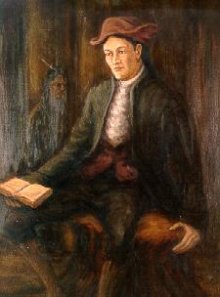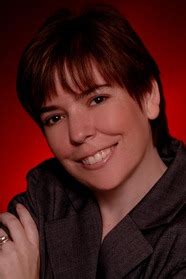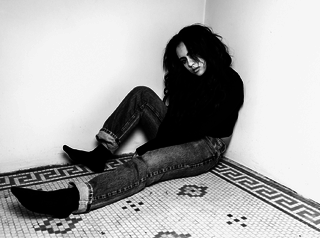A Quote by Cynthia Weil
We wrote what sounded good to us and hoped it would find a home.
Related Quotes
Take the Long Way Home is a song that I wrote that's on two levels - on one level I'm talking about not wanting to go home to the wife, 'take the long way home' because she treats you like part of the furniture. But there's a deeper level to the song, too. I really believe we all want to find our true home, find that place in us where we feel at home, and to me, home is in the heart. When we’re in touch with our heart and we're living our life from our heart, then we do feel like we found our home.
We've learned over the years that if we wanted we could write anything that just felt good or sounded good and it didn't necessarily have to have any particular meaning to us. As odd as it seemed to us, reviewers would take it upon themselves to interject their own meanings on our lyrics. Sometimes we sit and read other people's interpretations of our lyrics and think, 'Hey, that's pretty good.' If we liked it, we would keep our mouths shut and just accept the credit as if it was what we meant all along.
Surprisingly, fainting sounded like a really good idea. If I fainted, I'd be unconscious, so I wouldn't have to see the impossible anymore, nor would I have to feel so dizzy and sick. Than maybe when I woke up, all of this would go away and I'd find it was all just a bad dream. The mist started to turn dark around the edges.....For the record: fainting sucks.
